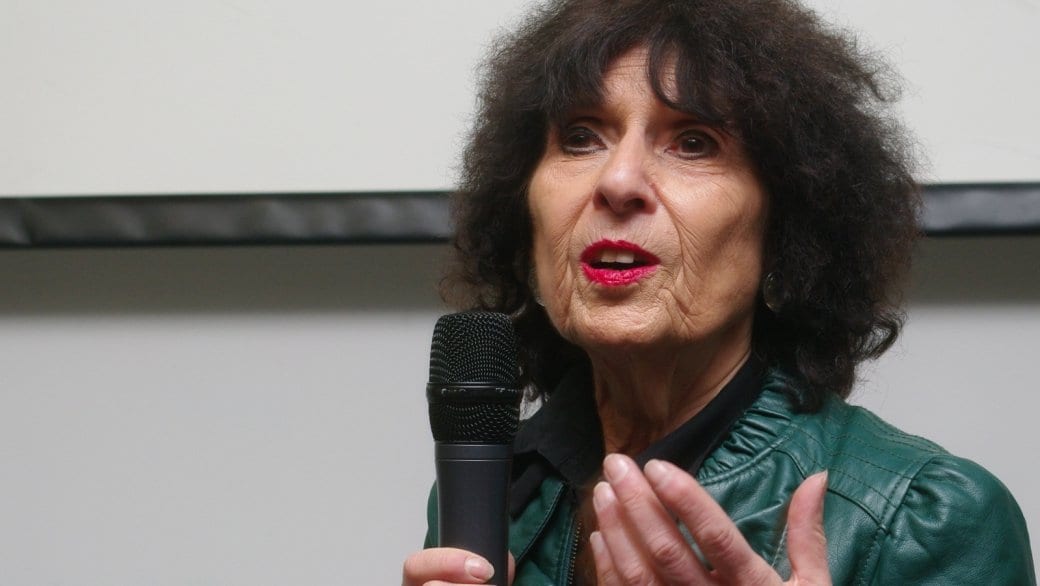For some seniors, being lesbian, gay, bisexual or trans can make them more vulnerable to elder abuse — “over and above [the risk of] just being an old person,” says a leading gerontology professor.
Gloria Gutman is holding a series of town hall meetings across British Columbia to raise awareness about the risks of elder abuse in the LGBT community.
“There is evidence that living under the stress of abuse in fact reduces people’s length of life,” Gutman, a professor at Simon Fraser University’s Gerontology Research Centre, told a town hall of primarily caregivers in Vancouver on Feb 18, 2016.
She says LGBT seniors are more likely to live alone and face higher rates of loneliness and isolation as a result of social stigma and family disconnect. “LGBT people are less likely to have children and, if they have children, supportive children,” she says.
Having supportive people around them makes seniors less vulnerable to abuse, she says, and more likely to seek help if they are abused.
A past president of the International Network for Prevention of Elder Abuse, Gutman says people who work with seniors need to better understand how LGBT people are vulnerable to elder abuse — and what they can do to help.
She cites emotional abuse and financial abuse at the two most common types of abuse faced by seniors in the LGBT community.
“There’s also physical [abuse], sexual and neglect. Not self-neglect, but neglect on the part of a person who is looking after someone else,” she says.
Allison Jones, who runs the older adults program at Qmunity, says people serving LGBT seniors need to understand that some are closeted, or not as comfortable being out in a health care setting. “It’s important that [these seniors] are met with a lens of understanding a history of discrimination,” she says.
Gutman stresses the importance of intergenerational dialogue within the LGBT community to fight elder abuse. The prevalence of elder abuse, she argues, is fuelled in part by public ignorance of the issue.
“Elder abuse, if we’re really going to stop it, requires a life-course approach,” she explains. “People need to know about it — middle-age people and older adults as well —and we all together need to raise the issue and we need to say ‘zero tolerance.’ There’s no excuse.”
“There’s so many hidden things going on in people’s lives that we don’t know about,” says Pat Hogan from the Queer Imaging and Riting Kollective for Elders (Quirk-e), which worked with Youth for Change to produce educational videos for the travelling town halls.
“I think the more that this kind of discussion happens, the better it is,” Hogan says.
“I hope we see a lot more training going on in care facilities,” she adds.
Amanda Brown, director of Vancouver Coastal Health’s Re:Act program that educates staff about the needs of vulnerable adults, says none of their staff training materials specifically address LGBT issues.
“So these are all tools being developed to help our staff,” she says.
It’s very important to have queer people working in front-line health care positions, says Ema Oropeza, a counsellor with the older adult mental health and addictions program at VCH.
“We have a different take on what is happening in the life of the person, and can sort of understand with more depth,” she says. “We aren’t the only ones who can do it, but it does help.”
“Throughout the years of my work, I have seen that VCH needs to have more resources identified for these specific populations,” Oropeza says.
For more information on Gloria Gutman’s research on LGBT elder abuse click here.

 Why you can trust Xtra
Why you can trust Xtra


